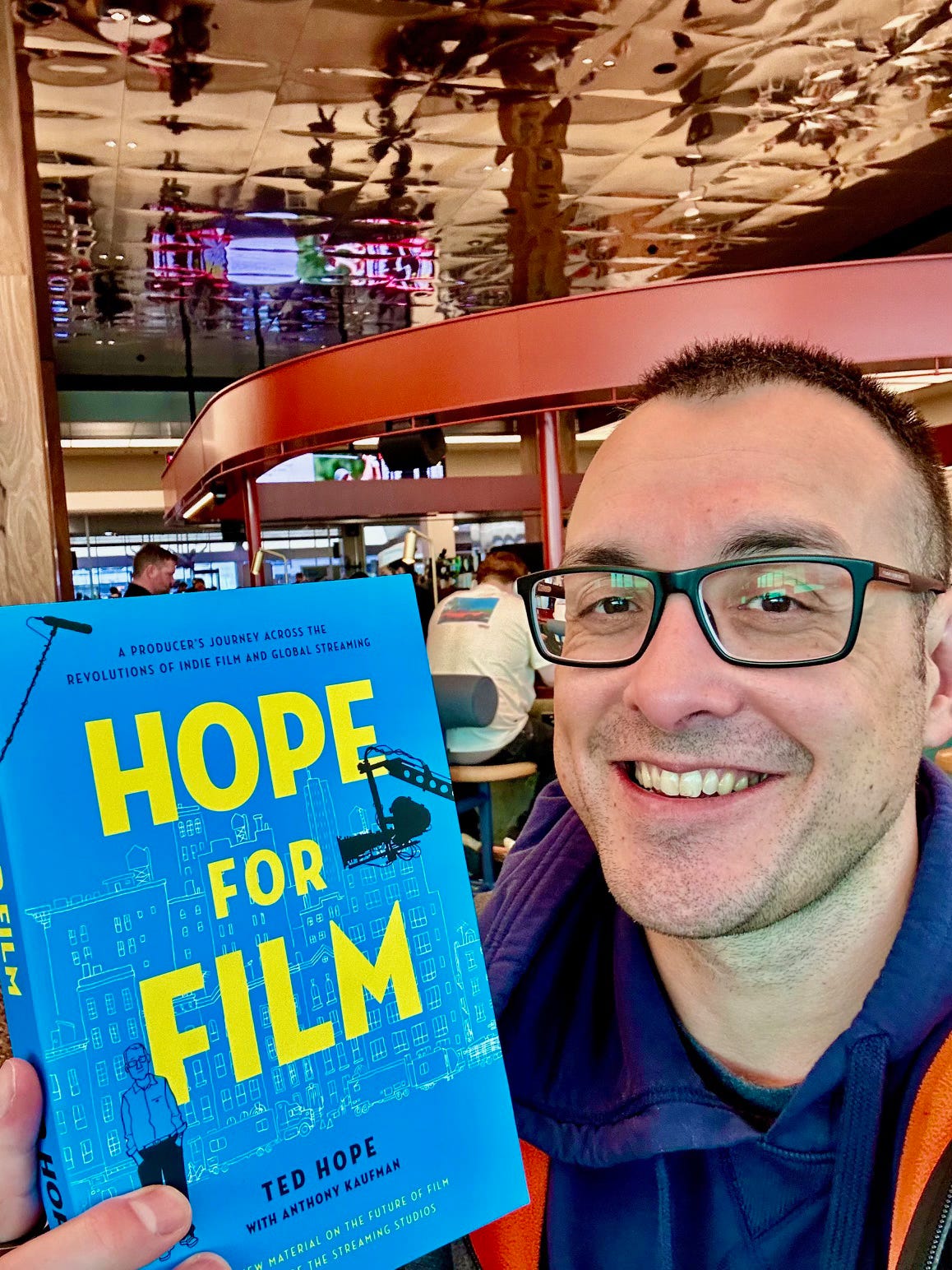War Films and War Criticism
Movies can turn social experiences into critiques of power, and critiques of power into social experiences. Inside the theory of Bang-Bang.
A few months ago, I wrote about my weekend with Vanessa and Ted Hope, who were in New Zealand to screen their documentary about Taiwan’s first female president.
What I failed to mention was that, at that time, I hadn’t quite realized that Ted Hope is a big deal in the world of film—especially indie film. I could’ve loo…


